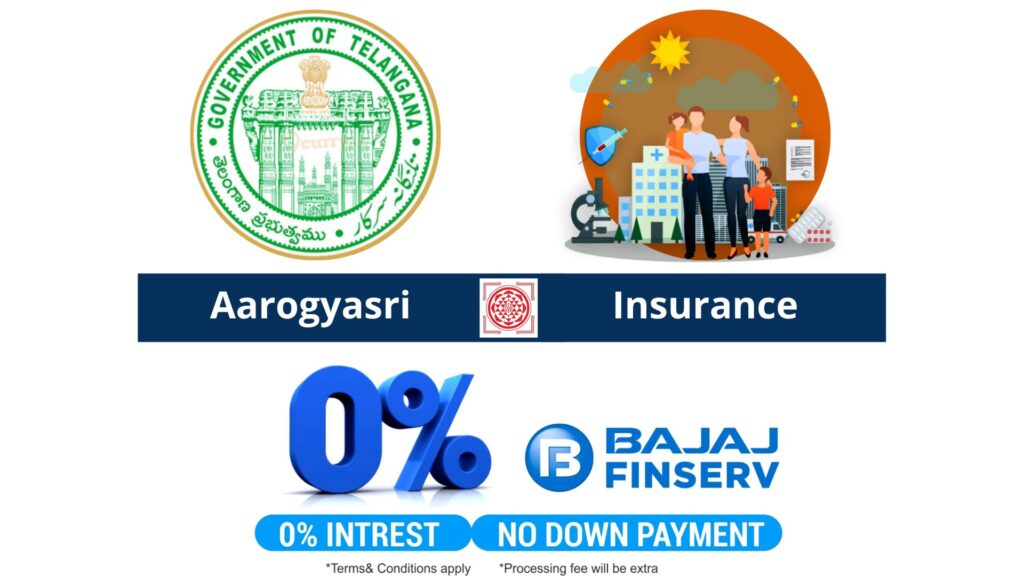
overview
- Celiac disease
- Celiac Disease Open popup dialog
- Celiac disease, sometimes referred to as celiac disease or gluten sensitive enteropathy, is an immune response to eating gluten, a protein found in wheat, barley, and rye.
If you have celiac disease, eating gluten triggers an immune response in your small intestine. Over time, this reaction damages the lining of your small intestine and prevents it from absorbing certain nutrients (malabsorption). Bowel damage often causes diarrhea, fatigue, weight loss, gas, and anemia and can lead to serious complications. Nontropical sprue Treatment in Hyderabad
symptoms
The signs and symptoms of celiac disease can vary widely, and differ in children and adults. Digestive signs and symptoms in adults include:
- diarrhea
- Tired
- Weight loss
- Bloat and gas
- stomach pain
- Nausea and vomiting
- constipation
The reasons
Your genes combined with foods containing gluten and other factors can contribute to celiac disease, but the exact cause is unknown. Infant feeding practices, gastrointestinal infections, and gut bacteria could also contribute. Sometimes celiac disease becomes active after an operation, pregnancy, childbirth, viral infection, or severe emotional stress.
When the body’s immune system overreacts to gluten in food, the reaction damages the tiny hair-like protrusions (villi) that line the small intestine. The villi take in vitamins, minerals, and other nutrients from the foods you eat. When your villi are damaged, you may not be getting enough nutrients no matter how much you eat. Nontropical sprue Treatment in Hyderabad
Risk factors
Celiac disease is more common in people who:
- A family member with celiac disease or dermatitis herpetiformis
- Type 1 diabetes
- Down syndrome or Turner syndrome
- Autoimmune thyroid disease
- Microscopic colitis (lymphocyte or collagen colitis)
- Addison’s disease
Complications
If left untreated, celiac disease can cause:
Malnutrition. This happens when your small intestine cannot absorb enough nutrients. Malnutrition can lead to anemia and weight loss. Malnutrition can lead to slow growth and short stature in children.
Bone weakening. Malabsorption of calcium and vitamin D can lead to softening of the bones (osteomalacia or rickets) in children and loss of bone density (osteopenia or osteoporosis) in adults. Nontropical sprue Treatment in Hyderabad
Infertility and miscarriage. The malabsorption of calcium and vitamin D can lead to reproductive problems.
Lactose intolerance. Damage to your small intestine can lead to abdominal pain and diarrhea after eating or drinking lactose-containing dairy products. After your colon heals, you may be able to tolerate dairy products again.
Cancer. People with celiac disease who do not follow a gluten-free diet are at higher risk of developing several types of cancer, including colon lymphoma and small bowel cancer.

